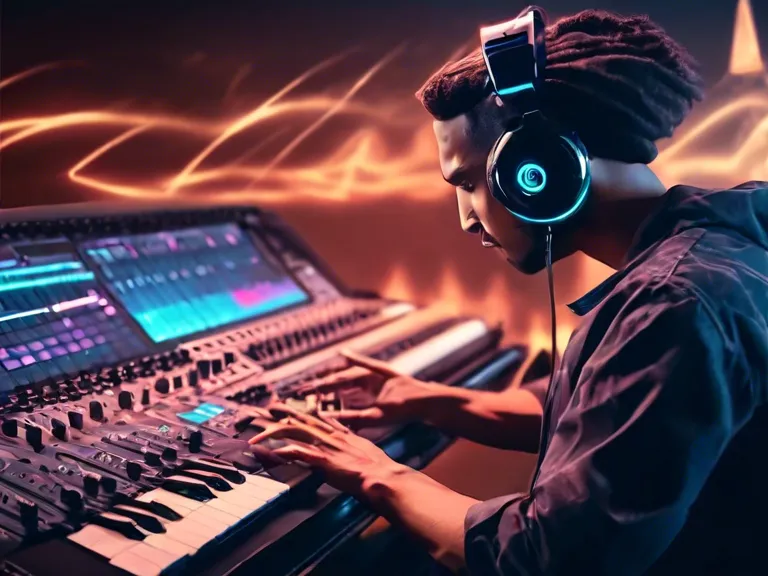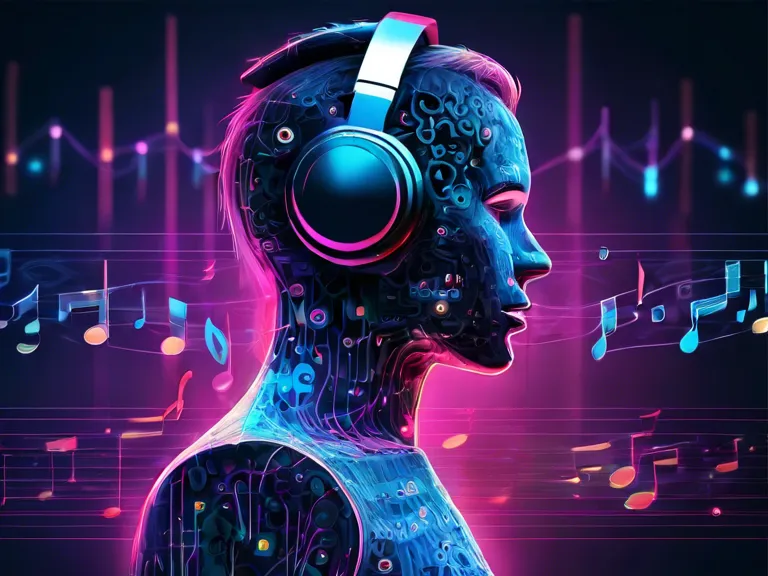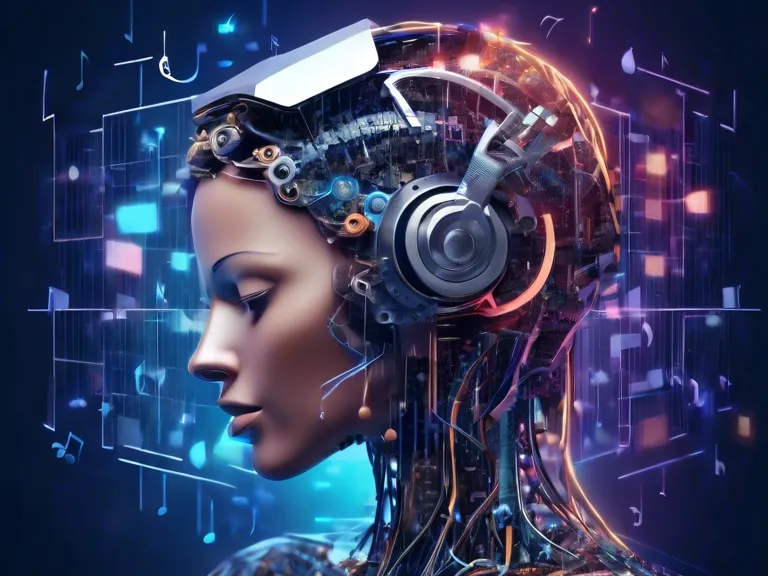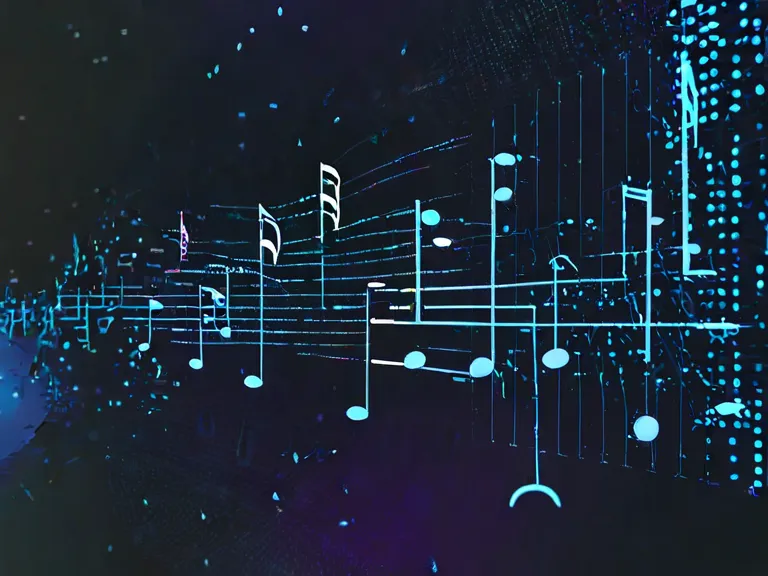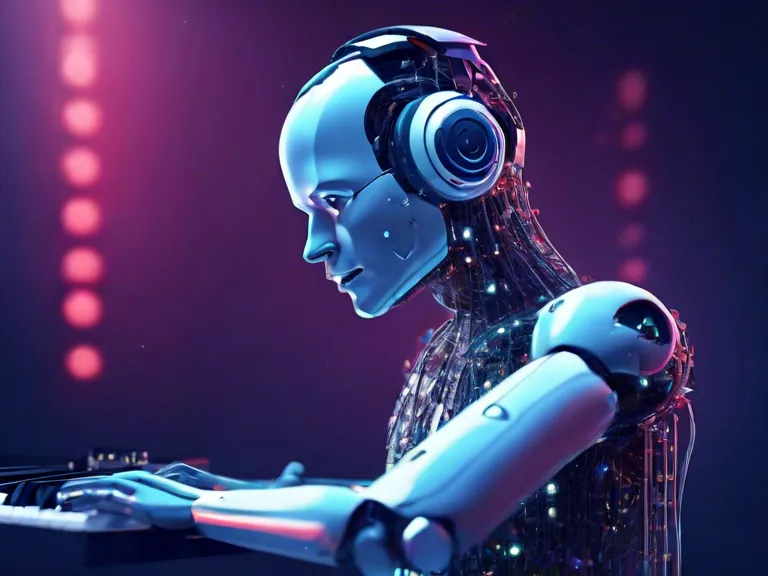
Artificial Intelligence (AI) and music have always had an interesting relationship. From algorithmic composition to personalized playlists, AI has been revolutionizing the music industry in numerous ways. However, one of the most intriguing intersections of AI and music is the creation of new genres using algorithms.
Traditionally, music genres have been defined by a combination of elements such as rhythm, melody, harmonies, instrumentation, and lyrical content. However, with the advancements in AI technology, music can now be generated using algorithms that can mimic and combine elements from various genres to create something entirely new and unique.
One of the ways AI is being used to create new genres is through machine learning algorithms. By analyzing vast amounts of music data, AI can identify patterns, trends, and similarities between different genres. This information can then be used to generate new music that incorporates elements from multiple genres, blurring the lines between traditional classifications.
Another way AI is shaping new genres is through generative adversarial networks (GANs). GANs consist of two neural networks – one that generates music and another that evaluates its authenticity. By training these networks on different genres, AI can create music that combines the characteristics of multiple genres or even invent entirely new styles.
The intersection of AI and music is not without its controversies. Some argue that AI-generated music lacks the emotional depth and authenticity of human-created music. However, proponents of AI-generated music point out that algorithms can offer a fresh perspective, break creative boundaries, and inspire human musicians to explore new sounds and ideas.
As technology continues to evolve, the possibilities for creating new genres with algorithms are endless. With AI-generated music garnering more attention and appreciation, it is clear that the future of music creation is rapidly changing.
